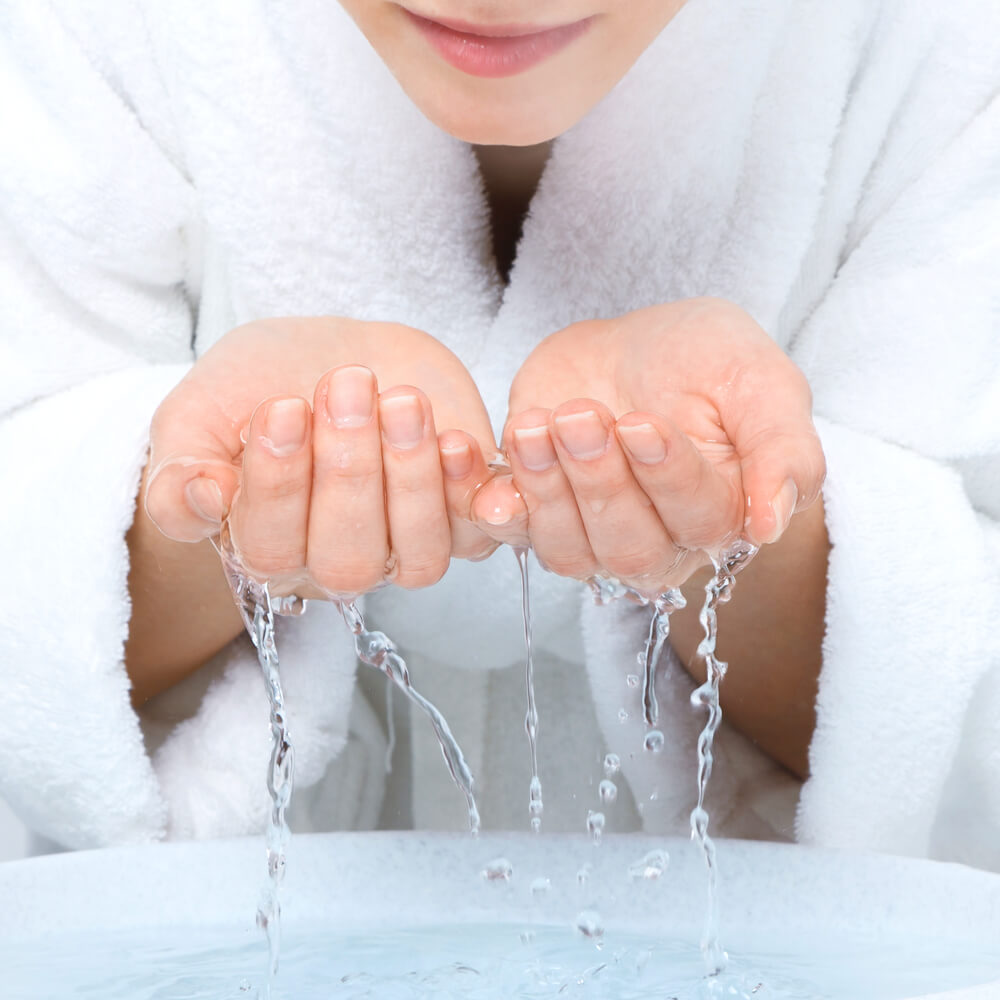Have you heard that soft water is salty and slimy? If you’ve been debating getting a water softener, then you may have been put off by these myths. Let us clarify some common misconceptions about softening your water, so they don’t stop you from improving your water and your daily life.
Water Softeners Make Your Water Salty
No, your water will not taste salty. It’s true that most (but not all) water softeners work by exchanging the minerals with sodium ions. This is sodium, not salt. It will not make your water taste salty and has no health concerns for most people.
If you have to avoid sodium in your drinking water, talk to us about alternatives to traditional water softening. This includes polyphosphate-based or magnetic systems. Alternatively, you can also have only your hot water softened, which provides many of the benefits without adding sodium to your drinking water, or install a reverse osmosis filter on taps you use for drinking water. However, this is only a concern for people with health issues that result in a very strict low sodium diet.
The Minerals in the Water are Good For You, So It’s Bad to Remove Them
It’s true that hard water contains valuable minerals. However, it does not contain them in a form that is particularly well-absorbed, that is to say, your system can’t really process these minerals well. You’re better off getting your required minerals in your food, especially vegetables. Natural sources of minerals are much easier for your body to use.
Softening Your Water Leaves a Film on Your Skin
This isn’t true, but it can feel that way after you install a water softener. The film that you feel is not from your soft water, but rather the absence of hard water minerals creating a soap scum on your skin. If you aren’t used to this, it can leave your skin feeling slimy.
Only Well Water Needs Softening
85% of American homes have hard water, regardless of its source. Water treatment plants don’t remove all of the minerals that make water hard. The focus of water treatment is on dealing with bacteria and toxins. As hard water, while highly annoying, is not a major health concern, it’s not removed at the treatment point.
Water Softeners Waste Water and Energy
This used to be true, but a lot of work has been done on reducing the amount of water a softener uses in its cycle. Modern high-efficiency models use only the right amount of both water and salt to run an efficient cycle. The system learns how much water you use and balances itself accordingly, which is honestly pretty neat.
The amount of energy used by a water softener is offset by the energy savings of having your appliances work better. Scaling results in lost efficiency, which is why a water softener can lower your electricity bills.
Water Softeners Are Expensive
While there is an upfront cost to a water softener, it will generally pay for itself in a couple of years. Softening your water will extend the life of all of your appliances, lower your electricity bill and even help your clothes last longer. It may even be a small selling point if you need to move.
Any More Questions About Softening Your Water?
If you are looking for a water softener or have more questions, contact Advanced Water Softening today. We can test your water to see how hard it is and help you make the right decision for your household.






